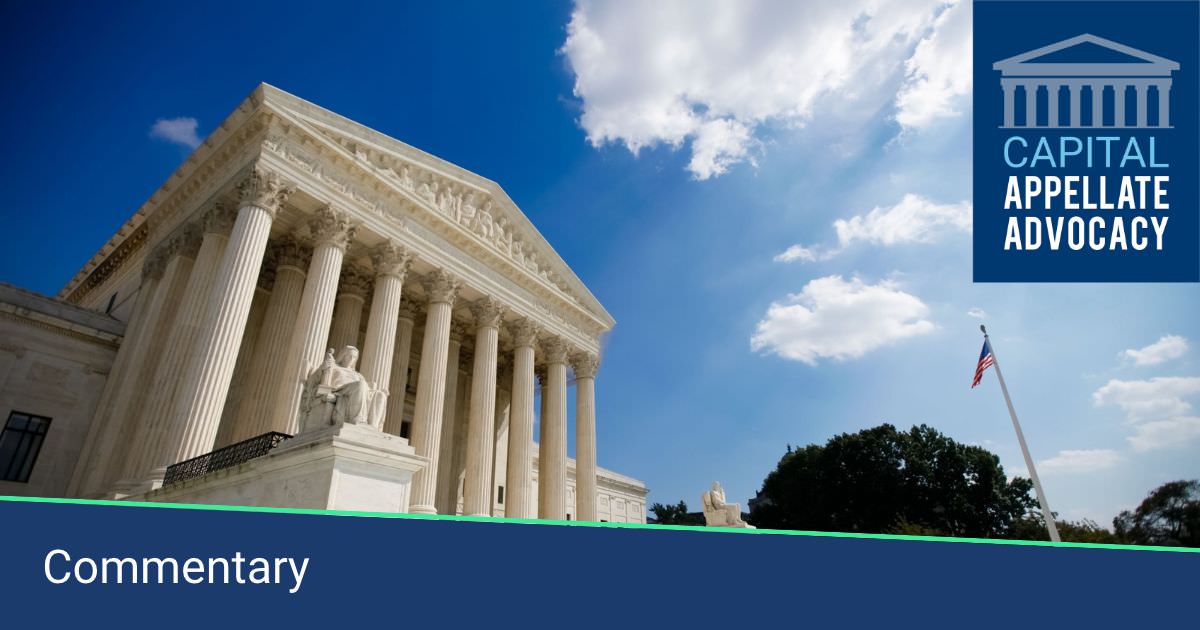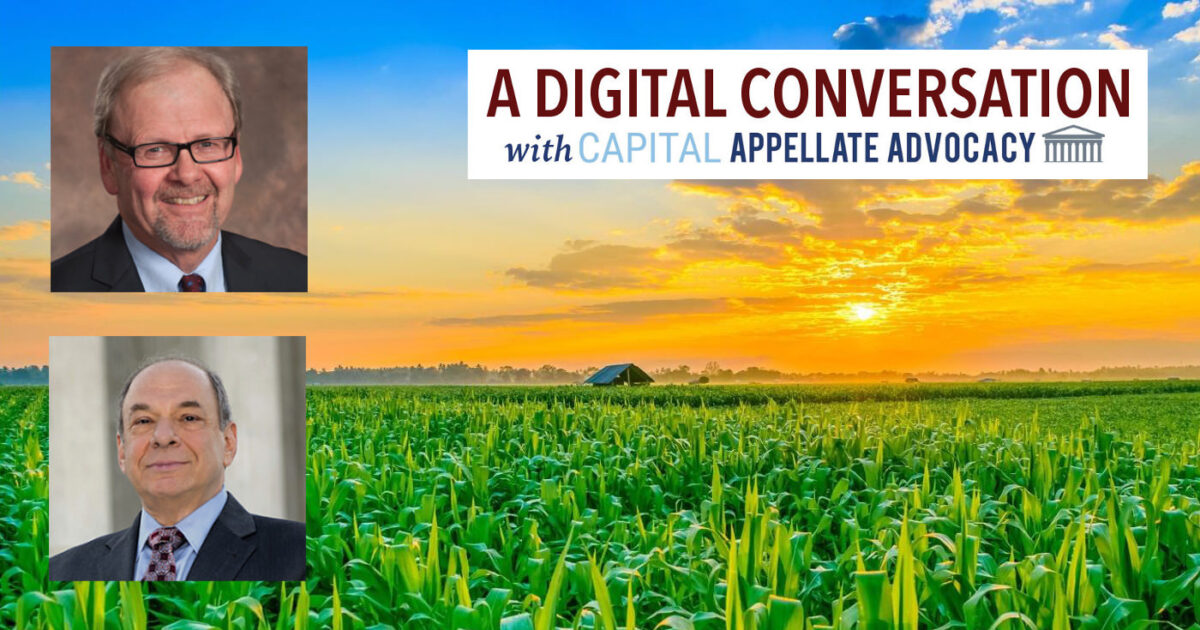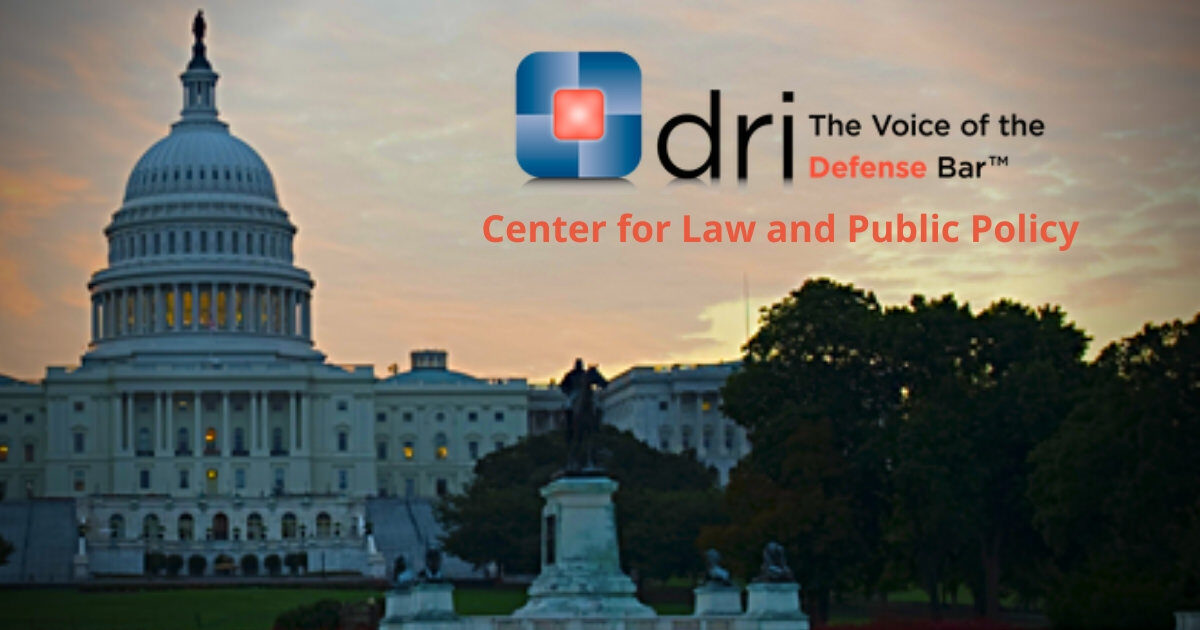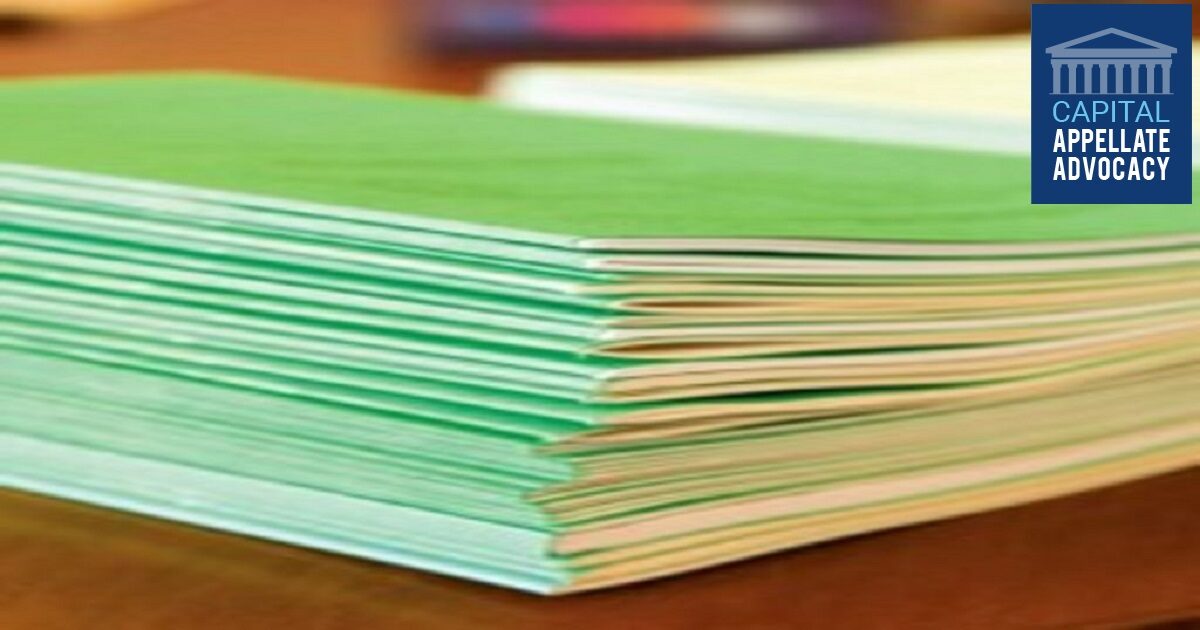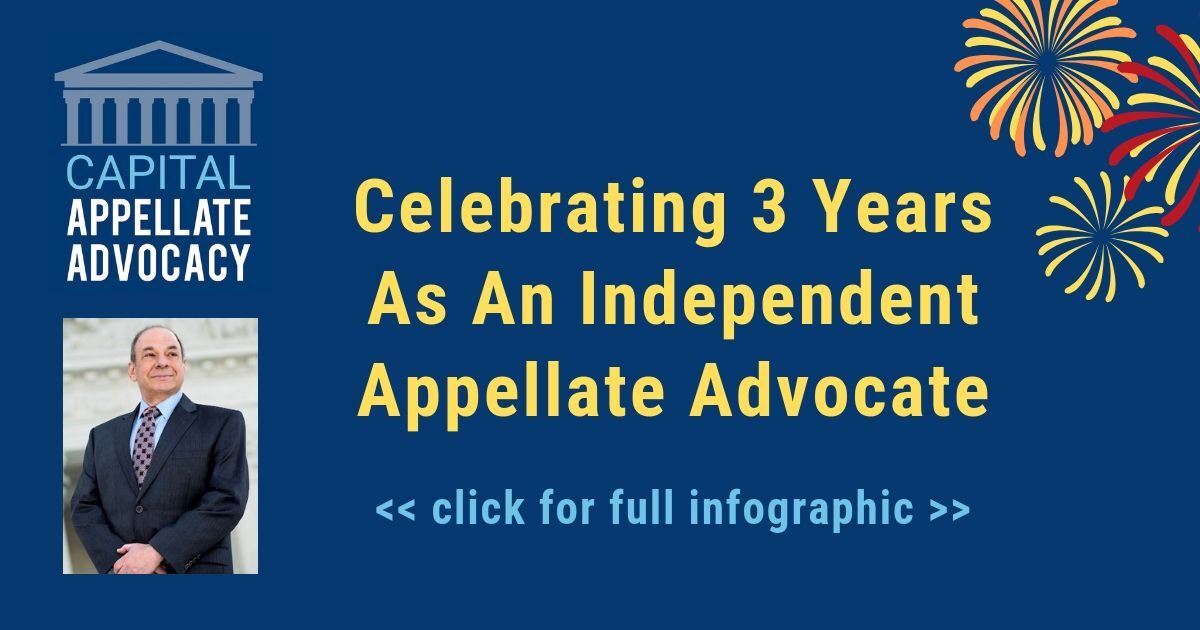EPA Regulation of Wood Preservatives Has Its Limits
It has been my privilege to advise and represent the Creosote Council since its founding almost 35 years ago. This month, Dave Webb, who is the Creosote Council’s Administrative Director, and I have published a peer-reviewed, open-access article, Scope and Application of the FIFRA Treated Articles Exemption, in the Journal of Transportation Technologies. Our article […]
EPA Regulation of Wood Preservatives Has Its Limits Read More »

